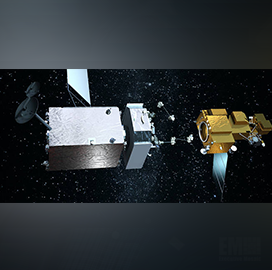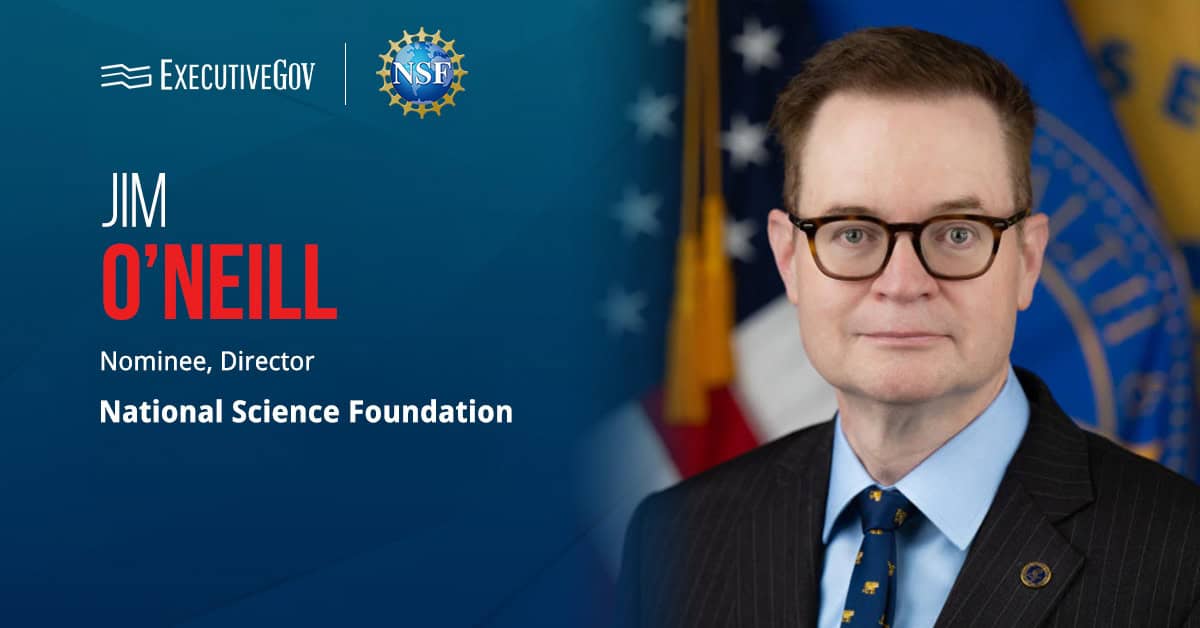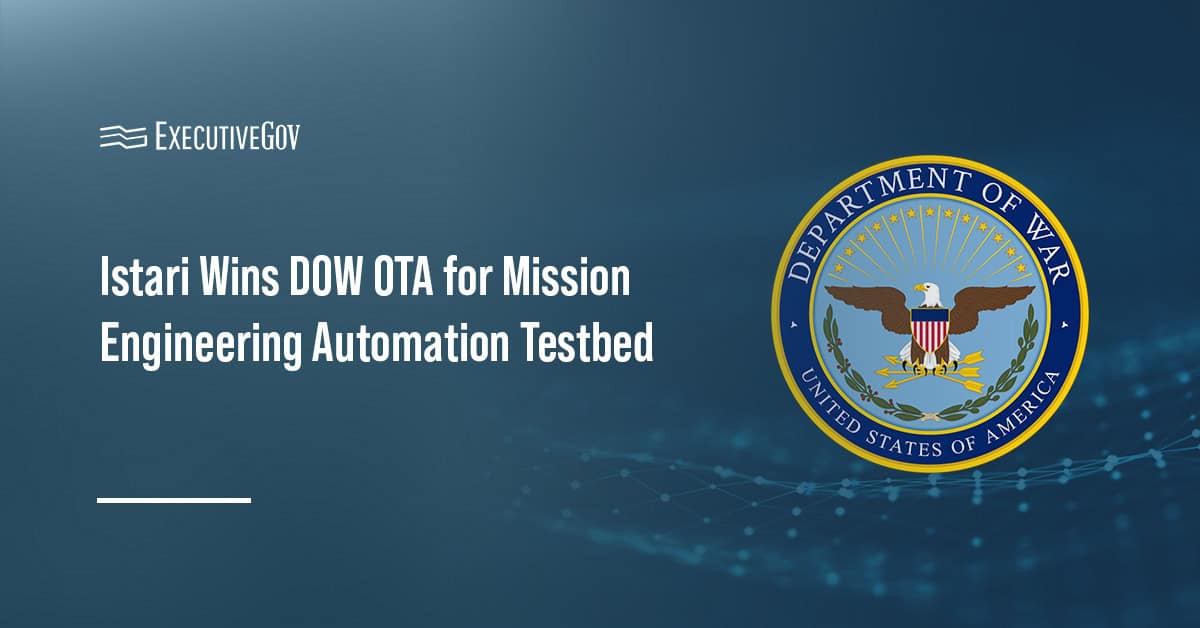NASA has granted Psionic rights to use a light detection and ranging technology that the agency originally developed for use in robotic servicing of a satellite in low-Earth orbit.
Under a signed licensing agreement, the company can further develop and integrate the Kodiak lidar system with similar commercial technologies to support future space missions, NASA said Saturday.
The agency's Goddard Space Flight Center in Maryland designed the technology to generate a 3D image for data collectors to measure the altitude and position of the target’s surface.
Kodiak will function as part of a relative navigation system for the On-orbit Servicing Assembly, and Manufacturing 1 spacecraft on a mission to automatically refuel the government-owned Landsat 7 satellite.
Hampton, Virginia-based Psionic licensed a Doppler lidar technology from NASA's Langley Research Center in 2016.





